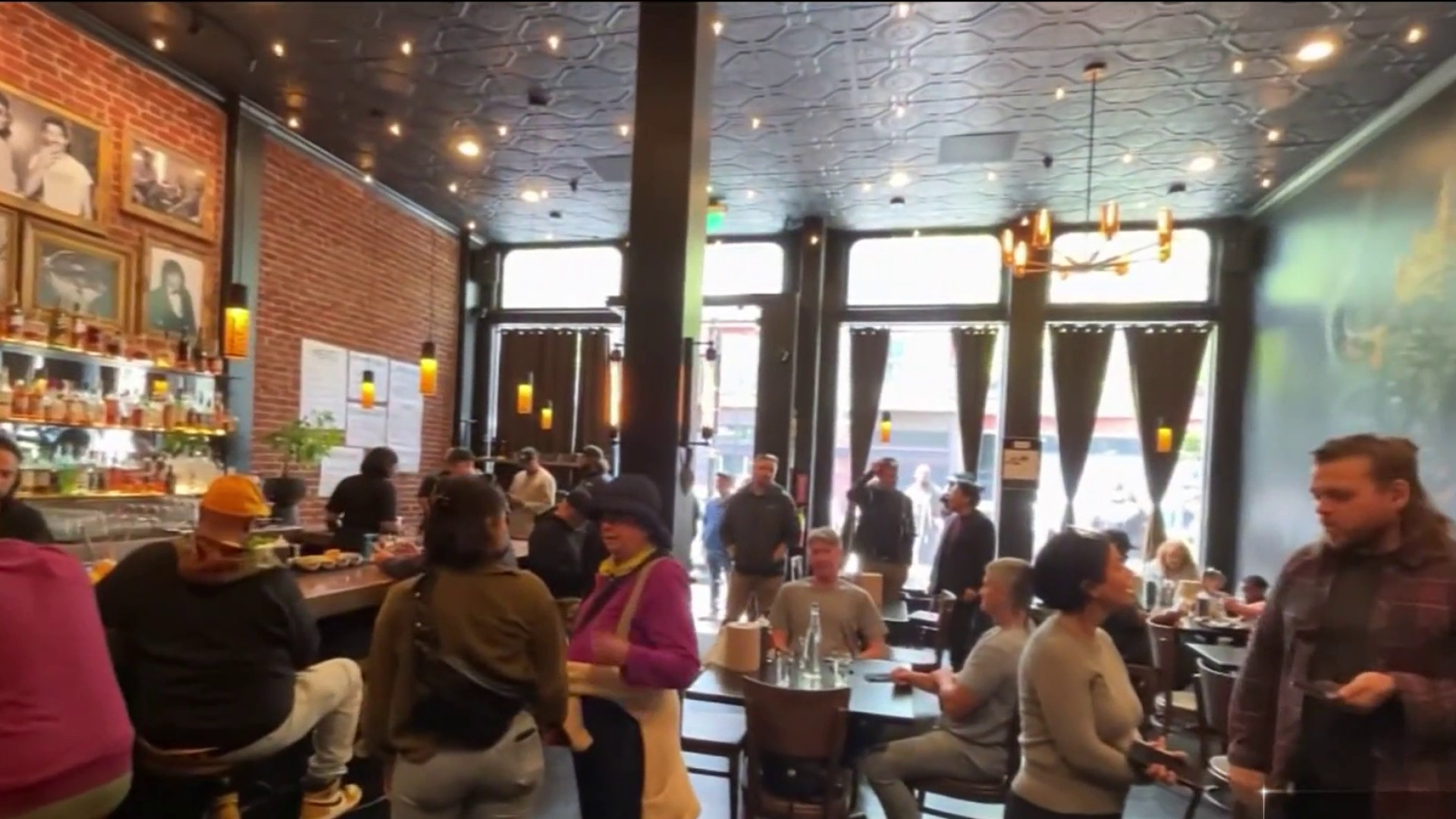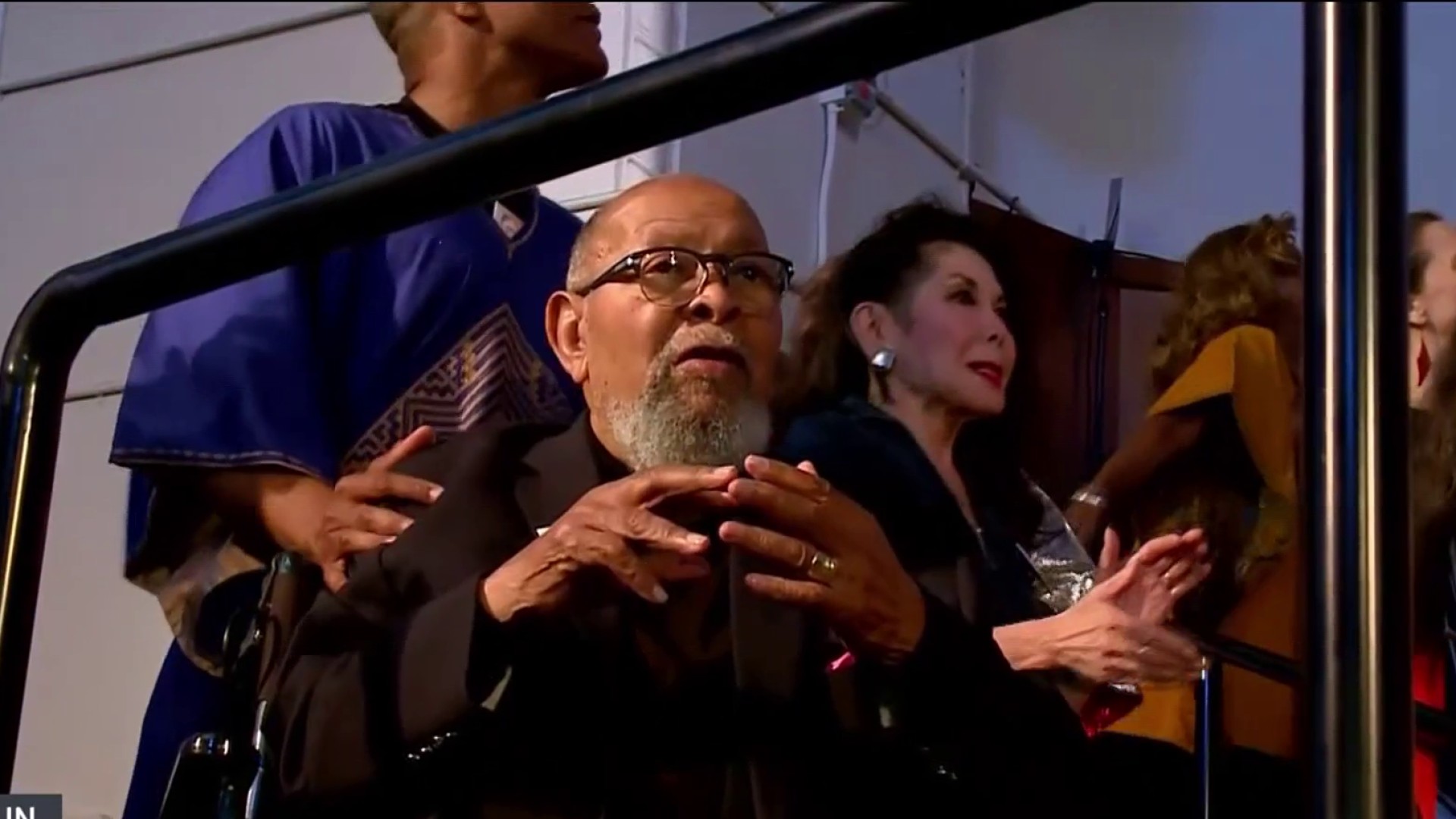Oakland marijuana activist and author Ed Rosenthal asked a federal appeals court in San Francisco for a second time Thursday to overturn his conviction for growing marijuana.
Michael Clough, a lawyer for Rosenthal, told a panel of the 9th U.S. Circuit Court of Appeals, "This was not an ordinary drug case."
Rosenthal, 64, the author of more than a dozen books about marijuana, was convicted in federal court in San Francisco in 2007 of growing marijuana in an Oakland warehouse and conspiring to do so. He was sentenced to one day already served in prison.
He was convicted of similar charges in an earlier trial in 2003, but that conviction was thrown out by the appeals court because of juror misconduct.
Rosenthal claims his second trial was unfair because he wasn't allowed to present witnesses to corroborate his claim that he believed he was helping the city of Oakland carry out its medical marijuana program.
Clough has said that even though Rosenthal has served his one-day sentence, he is appealing because he wants to remove his felony record.
A three-judge panel of the appeals court took the case under submission after hearing arguments and will issue a written ruling at a later date.
Local
Outside of court, Rosenthal has maintained he was growing starter plants for patients needing medical marijuana. But he was never allowed to make that argument in federal court because U.S. drug laws make no exception for California's voter-approved Compassionate Use Act, which allows seriously ill patients to use the drug with a doctor's approval.
His appeal claim is that he wasn't knowingly violating the federal law and believed he was protected from prosecution because he had been deputized by the city of Oakland.
Prosecutor Laurie Gray argued that claim is irrelevant because the U.S. law criminalizing marijuana cultivation requires proof only that Rosenthal knew that he was growing marijuana rather than another crop such as oregano. Prosecutors need not prove a defendant knew he was violating the law, she said.
Gray told the judges, "Growing marijuana is clearly a nefarious activity."
Gray said the evidence against Rosenthal was "overwhelming," since federal drug agents seized more than 3,000 plants during a 2002 raid at the Mandela Avenue warehouse in Oakland.
In the 2007 trial, U.S. District Judge Charles Breyer said Rosenthal could testify about his beliefs concerning his actions, but said he could not bring other witnesses such as Oakland officials to the stand to corroborate his testimony.
Rosenthal ended up declining to testify and presenting no defense witnesses.
All three judges on the appeals panel questioned Clough about how Rosenthal could claim his trial was unfair when he was given the chance to testify, but refused to do so.
Judge Sidney Thomas commented that it appeared that "Judge Breyer leaned over backwards" to say, "You may testify to any thing you wish."
Judge David Ezra said, "It looks to me like Judge Breyer gave your client far more leeway than he was required to."
But Clough argued that Rosenthal was put in an "untenable position" because he would not have been able to offer witnesses to corroborate his testimony.
Thomas commented, "It's a unique case, but the policy issues are not really before us here."
Rosenthal said after the hearing, "This really isn't about me as an individual. It's about protecting the rights of all Californians to use marijuana."
His wife, Jane Klein, said "Ed was doing humanitarian work and shouldn't have a felony record."
Rosenthal said he isn't growing marijuana these days but is continuing to write books, testify as an expert defense witness in state marijuana trials and sell an herbal pesticide he developed.



